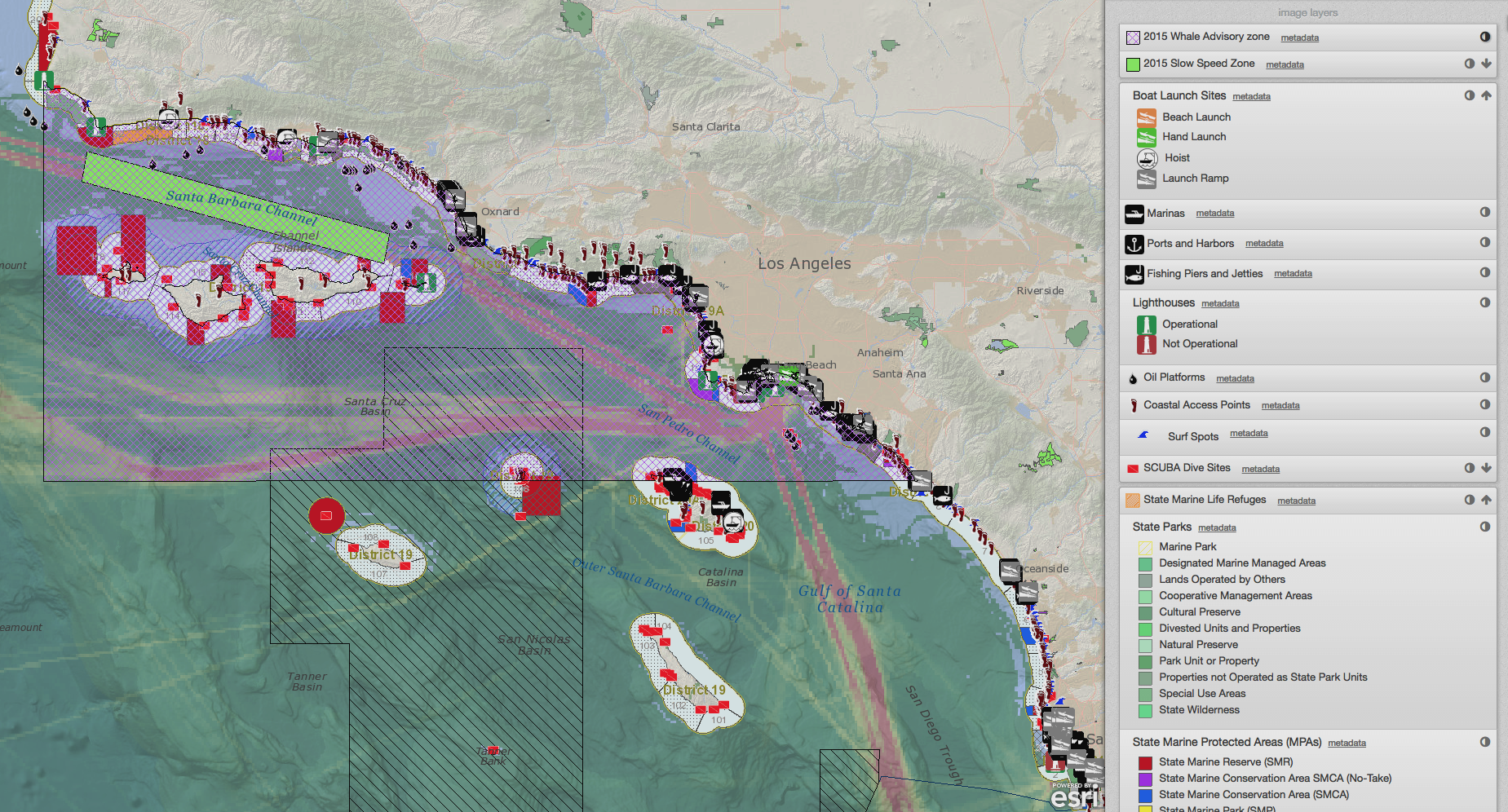Using SeaSketch in Data Poor Environments
/Everybody wants to have the best possible information when undertaking a planning project. But what happens when you are working in an environment where data is poor or perhaps non-existent? SeaSketch can be used to collect, validate and evaluate new geospatial information for planning purposes. SeaSketch has no minimum data requirements. That is, you can use SeaSketch with limited or no data to simply design plans, share them with others and discuss their relative merits. Of course, if you are to understand some of the important consequences of any given plan - say, the conservation benefits or the economic costs - then you will need some spatial data that can be used to analyze plans.
In most regions, there are very little data available to describe the distribution of natural resources and human activities in and around the ocean. In these situations, it might be a good idea to conduct a survey to gather new information. Even if you have some data, it might be good to collect new, better data.
SeaSketch has "Survey Tools" that may be used to design surveys and collect spatial (and non-spatial) information by way of crowdsourcing and targeting certain user groups. For example, one can design a survey that asks members of the general public where they have seen a marine mammal. Or, one can design a private survey for fishermen to identify their valued fishing grounds.
Click here to view a demonstration of setting up and testing a fisheries survey. You can also test the user experience by taking the survey here.
Surveys are easy to create and may be an excellent way to begin a marine spatial planning exercise to build the fundamental data layers used in the design phase.
Every SeaSketch project contains survey tool functionality by default. Contact Will McClintock if you would like to begin using SeaSketch to collect new geospatial information about the oceans in your region.
An example SeaSketch Survey used in Montserrat.


